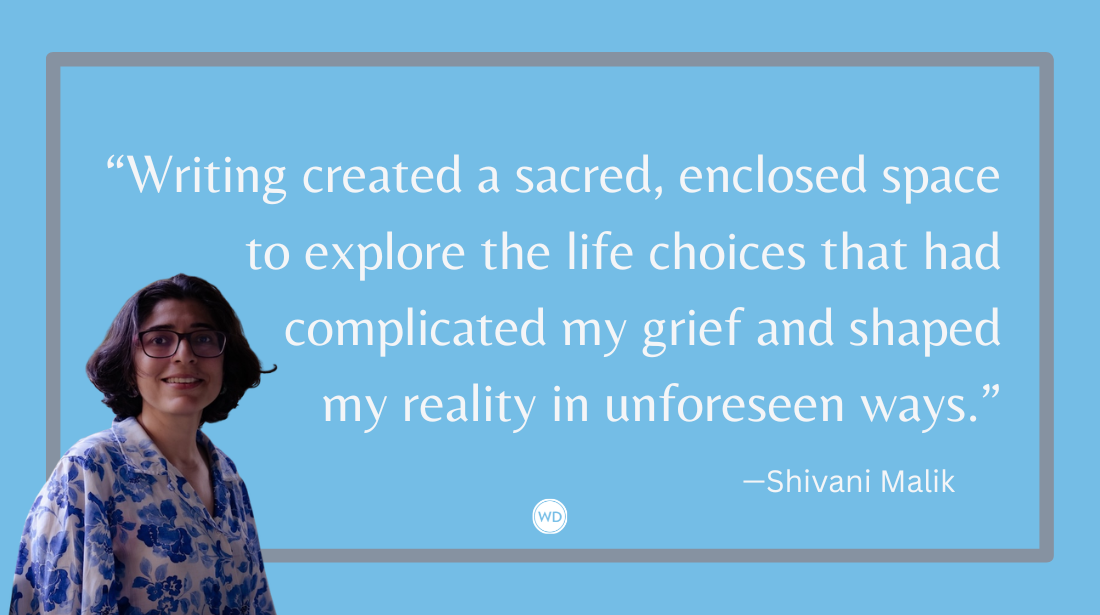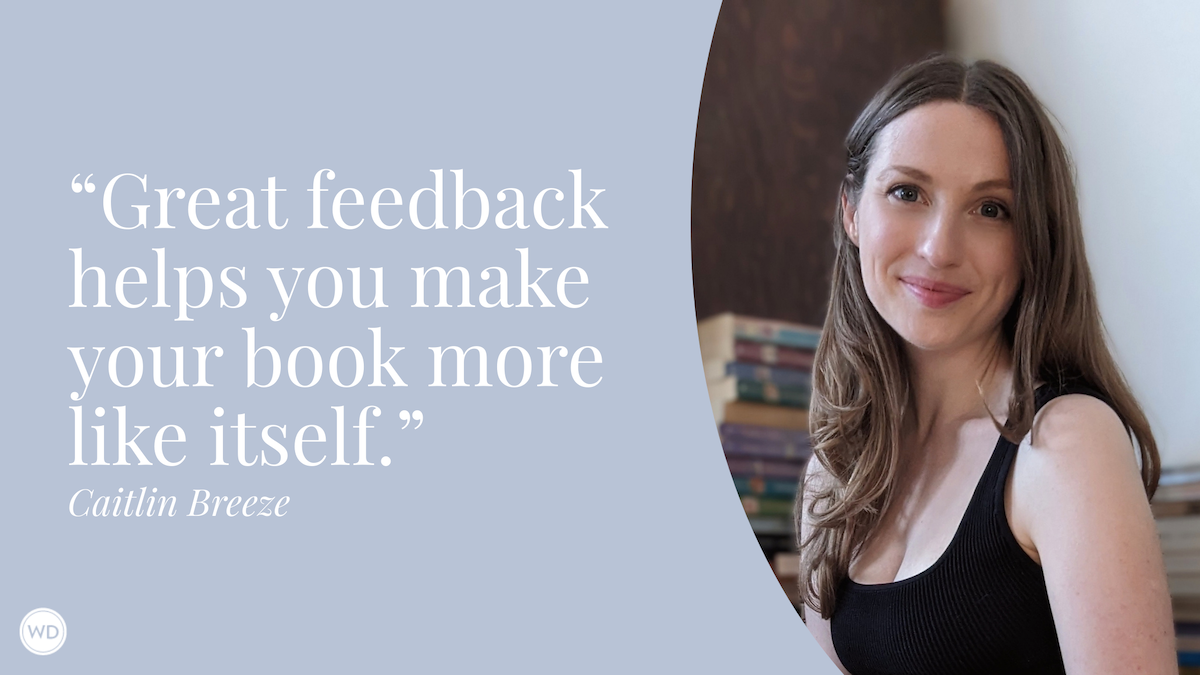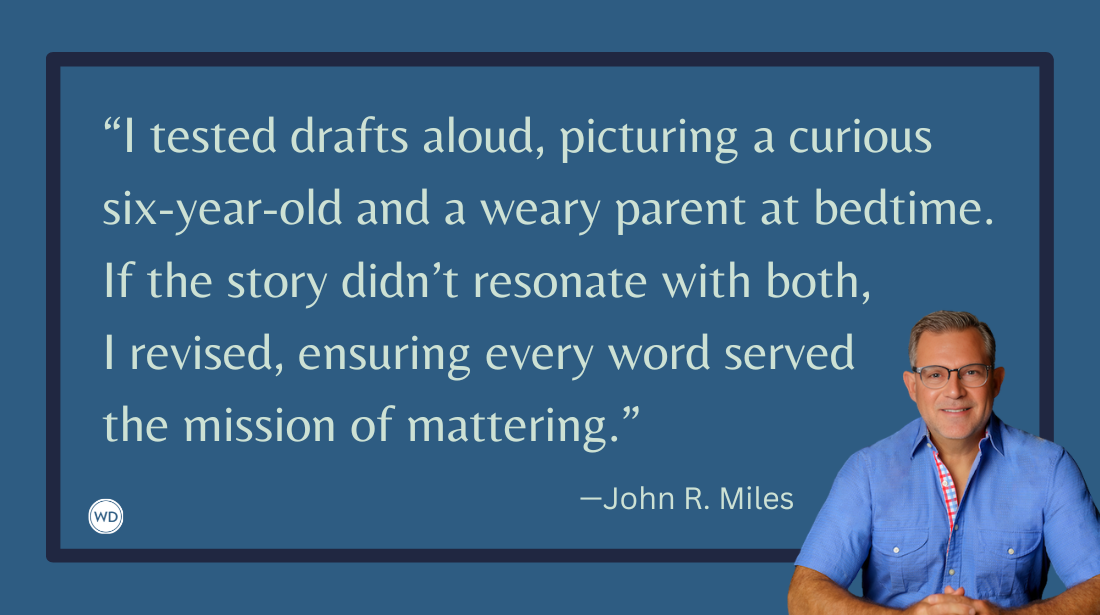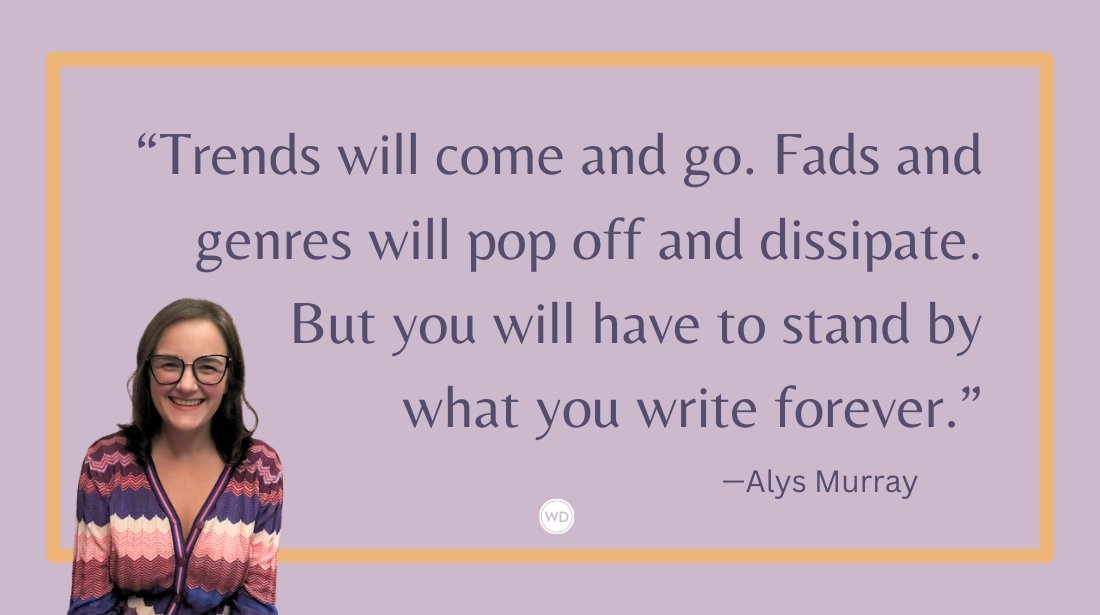Jo Morey: Don’t Be Afraid To Go Rogue
In this interview, author Jo Morey discusses reverting to her characters in her debut novel, Lime Juice Money.
Jo Morey has a BA in English Literature and French. She has lived and worked in Paris and New Zealand, and now lives at the foot of the South Downs in the U.K. Like her protagonist, Jo also suffers from a hearing impairment and constant tinnitus. Follow her on X (Twitter) and Instagram.
In this interview, Jo discusses reverting to her characters in her debut novel, Lime Juice Money, her hope for readers, and more.
Name: Jo Morey
Literary agent: Madeleine Milburn
Book title: Lime Juice Money (U.S. title) / The Night Lagoon (U.K.)
Publisher: HarperCollins
Release date: August 13 2025
Genre/category: Literary suspense/thriller
Elevator pitch: A woman losing herself. A brutal relationship. And a jungle full of secrets. Lime Juice Money follows a woman trapped in an increasingly volatile relationship 5,000 miles from home in a Central American jungle. It’s “The White Lotus” meets The Paper Palace.
What prompted you to write this book?
I wanted to write an intoxicating and escapist summer read.
The earliest element of Lime Juice Money was an image which came to me before anything else: a woman, isolated in the jungle—lonely but not alone. It wasn’t until years later, during a time of upheaval I started writing the novel and developing Laelia’s character, exploring who she was, why she felt so trapped. I’d recently been diagnosed with an illness which forced me to reevaluate my life. I think Lime Juice Money was partly born out of that feeling of entrapment and isolation.
I’d already travelled in Belize but went back again whilst writing the novel. I knew it make the perfect setting; the lushness of the jungle, the powdery white sands, the rum-fueled parties, they all add to the characters’ experiences of a shaken paradise.
How long did it take to go from idea to publication? And did the idea change during the process?
It took about three years to write the novel alongside working full time. I wrote the first half and then got shortlisted for a few prizes. On the back of this, I got interest from agents and ended up signing with Madeleine Milburn, who had always been my dream agent. She totally got my vision and aspirations for the novel from the off.
I didn’t plot too much as I find it constraining. I had a few key scenes mapped out, but it was a really iterative process going back and forth between pantsing on the page and plotting in a notebook. Planned events changed as I wrote because I always reverted to character. The narrative was ultimately driven by them.
Were there any surprises or learning moments in the publishing process for this title?
The speed of things is insane. How fast everything moves at the beginning when agents, then publishers, get interested in the manuscript. And then how slowly things seem to move at other times. It’s an unpredictable rollercoaster, but a brilliant one.
I didn’t expect to meet so many other amazing writers, particularly debut authors, who have become friends for life. Everyone in publishing is so friendly and supportive, and I’m so happy to have found such a brilliant cohort of incredible new pals.
Were there any surprises in the writing process for this book?
One thing that surprised me was how hearing loss worked its way into the novel. Ultimately, Lime Juice Money is about a woman isolated in an increasingly volatile relationship, and the lies we tell others—and ourselves—in order to survive. It was only later in the writing process I weaved in my main character’s hearing impairment and tinnitus which added to this sense of loneliness. I wear hearing aids myself and wanted to convey what it is like for people who struggle to hear, how exhausting and segregating (and sometimes frightening) it can be. Through this I was also able to explore the stigma and shame surrounding wearing hearing aids, especially for younger women.
The second narrative was also a surprise during drafting as I didn’t originally set out to write a whole other timeline. But adding Laelia’s father’s story from the 1980s helped explain the secrets that had been woven into the family narrative for decades and plays off the more recent lies that have been seeded. I loved delving into Ellis’s voice and imagining his life as an academic botanist searching for orchids in the jungle, and the way he views nature and love and life.
What do you hope readers will get out of your book?
The dedication is “For anyone who feels unheard and for everyone who cares to listen.” I hope readers feel moved by Laelia’s story, her experience of hearing loss and coercive control. I hope it will keep readers awake at night in the best possible way and have them waking up in the morning wanting to book a flight to Belize because it’s such an amazing country.
If you could share one piece of advice with other writers, what would it be?
Play and play some more until you find what works best for you. You can read all the craft books in the world and attend all the literary workshops you want, but ultimately you need to hone your own process. Don’t be afraid to go rogue and try something different.









